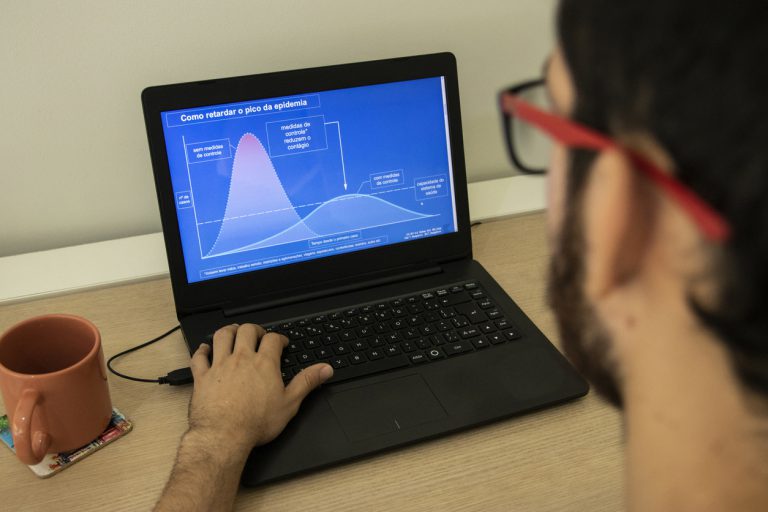Thousands of people come to Canada every year to work. You will usually need a Work Permit to work in Canada however in some cases you can work without it. There are two main types of Work Permits.
Open Work Permit
An open work permit allows you to work for any employer in Canada, with some exceptions. You can only get an open work permit in specific situations.
Who can get an open Work Permit?
Some examples are listed below. If you:
- Are an international student who graduated from a Designated Learning Institution (DLI), and eligible for the Post-Graduate Work Permit Program (PGWPP).
- Have applied for permanent residence in Canada.
- Are a dependent family member of a person who has applied for permanent residence in Canada.
- Are the spouse or common-law partner of a skilled worker or international student.
- Are the spouse or common-law partner of an applicant of the Atlantic Immigration Pilot Program.
- Are a refugee, refugee claimant, protected person or their family member.




Employer-specific Work Permit
An employer-specific work permit allows you to work according to the conditions on your work permit, which include:
- The name of the employer you can work for
- How long you can work
- The location where you can work, if applicable.
Who can get in employer-specific Work Permit?
Some examples are listed below.
Entrepreneur:
You may be eligible for an employer-specific work permit if you intend to operate a business in Canada that would create or maintain:
- Significant social, cultural or economic benefits, and/or
- Jobs for Canadian citizens or permanent residents of Canada.
Global Talent Stream:
If you are a worker whose employer (company) is applying to hire you through the Global Talent Stream of the Temporary Foreign Worker Program, you may be eligible for an employer-specific Work Permit. Your employer must get a positive Labour Market Impact Assessment (LMIA) that identifies your eligibility in the Global Talent Stream before you submit your application.
Before you submit your work permit application, your employer must provide you:
- A copy of the positive LMIA
- Your employment offer letter / contract
You must also meet the general eligibility requirements for a work permit.
As a worker being hired through the Global Talent Stream, you can benefit from 2-week processing of your application.
If you want to bring your family with you, your spouse (or common law partner) and dependent children may be able to work, study or live with you while you work in Canada.
Global Skills Strategy
Employers want to attract highly talented people to work for their company, and they want a fast and predictable process to do it. The Global Skills Strategy (GSS) helps employers find these highly skilled workers faster. The strategy features faster application processing times, work permit exemptions and enhanced customer service.
Foreign nationals eligible for this priority processing must still meet all other eligibility and admissibility requirements, including providing police certificates if required. Eligible applicants must submit all required documents with their application. If they don’t submit the required documents, they will not get the 2-week processing time.

Due to COVID-19, there could be delays in how quickly the Government of Canada can process your application; it may take longer than 2 weeks.
Labour Market Impact Assessment (LMIA)-exempt workers
Labour Market Impact Assessment (LMIA)-exempt workers qualify for 2-week processing of their work permit application if they meet all of these requirements:
- They’re applying from outside Canada.
- Their job is either skill type 0 (managerial) or skill level A (professional) of the National Occupation Classification (NOC).
- The employer has submitted an offer of employment using the Employer Portal, and paid the employer compliance fee.
International Experience Canada applicants are not eligible for 2-week processing.


Global Skills Strategy: Work Permit exemptions
Two types of workers do not need work permits for short-term work:
- Highly skilled workers
- Researchers
Highly skilled workers must meet both these requirements:
- Their job is under NOC skill type 0 (executive, managerial) or NOC skill level A (professional).
- They will work only for one of the following short periods of time:
- up to 15 consecutive days once every 6 months
- up to 30 consecutive days once every 12 months
Researchers must meet both these requirements:
- They will perform research at a Canadian, publicly funded, degree-granting institution or its affiliated research institution.
- They will work for 1 period of 120 days in Canada once every 12 months.
Extending the worker’s stay
These workers must stop working when their exemption ends. To work in Canada again, they have 2 options:
- Apply for a work permit from outside the country
- Wait until they are once again eligible to use the short-term work permit exemption
Waiting time between Work Permit exemptions
The length of the wait between work permit exemptions depends on the length of the next exemption the worker wants to use.
After using any of the short-term exemptions, the worker must wait for
- 6 months until they can use a 15-day exemption
- 12 months until they can use a 30- or 120-day exemption
For example, if the worker entered Canada using the 15-day work permit exemption, they need to wait at least 6 months before they can use the 15-day exemption again.
Workers who require an LMIA
Workers who require an LMIA qualify for 2-week processing if they meet the following requirements:
- They’re applying from outside Canada.
- The employer has a positive LMIA through the Global Talent Stream of the Temporary Foreign Worker Program (this is on the LMIA decision letter).
Spouses and dependants
Spouses (or common-law partners) and dependent children of workers are also eligible for 2-week processing of applications. This applies to applications for the following:
- visitor visa
- work permit
- study permit
Spouses (or common-law partners) and dependent children must submit a complete application and apply at the same time as the worker.

